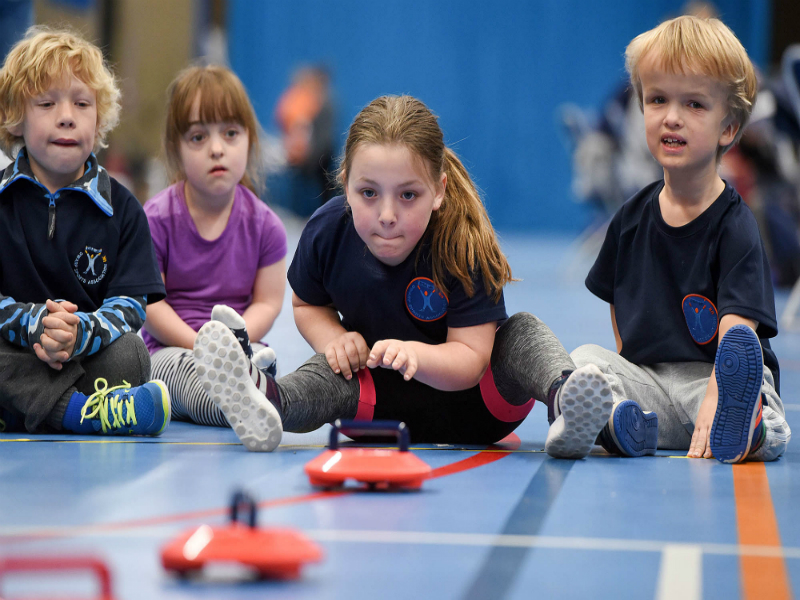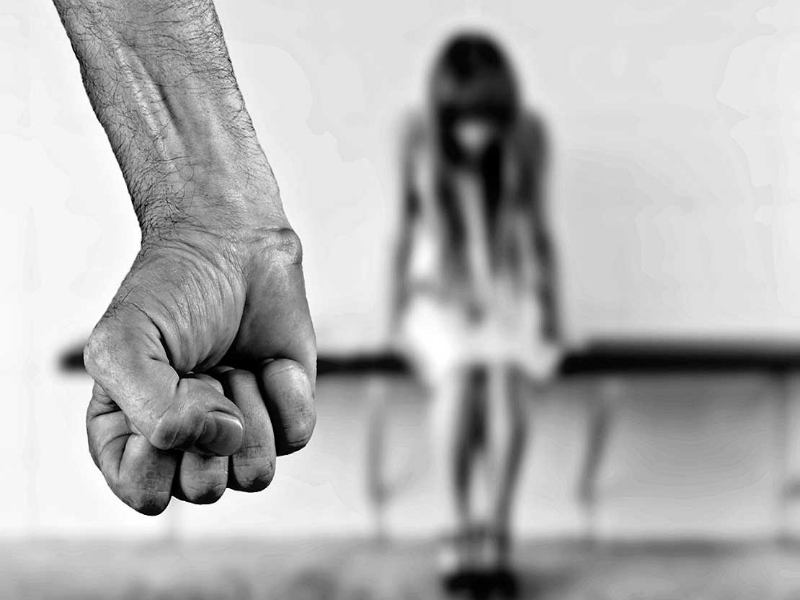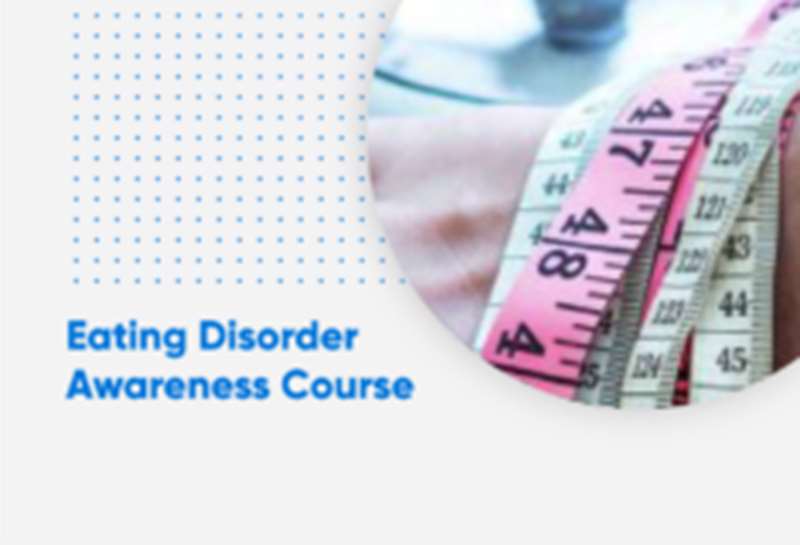Overview
This awareness course gives an insightful overview to eating disorders. It describes the physical and psychological symptoms of anorexia, bulimia and binge eating disorder, and the possible causes of these mental illnesses. This course explains how carers and families can help when they suspect someone may have an eating disorder and what treatments are currently available.
Audience
This course is for anyone who wishes to gain an understanding of eating disorders, including:
About this course
This course is split into three modules:
Objectives
In this course you will learn about:
Content
Here are some of the topics covered in this course:
Who can develop an eating disorder |The common misconceptions and stigma surrounding the illness | The three main types – Anorexia nervosa, Bulimia nervosa and Binge Eating disorder | Other specified feeding or eating disorders | The causes | Related mental illnesses | Who is affected | Changes in behaviour | Behavioural signs | The emotional flags | The physical effects | The social element | Effects on the family and the difficulties the carer might face | Long term complications | The importance of early intervention | Extreme cases | Tips for creating an open discussion | What to do | The role of the GP | Information sharing | The family, carer and GP team | The role of the carer | Treatments | Outpatient care | Inpatient treatment | Special considerations for children and adolescents | Recovery time





